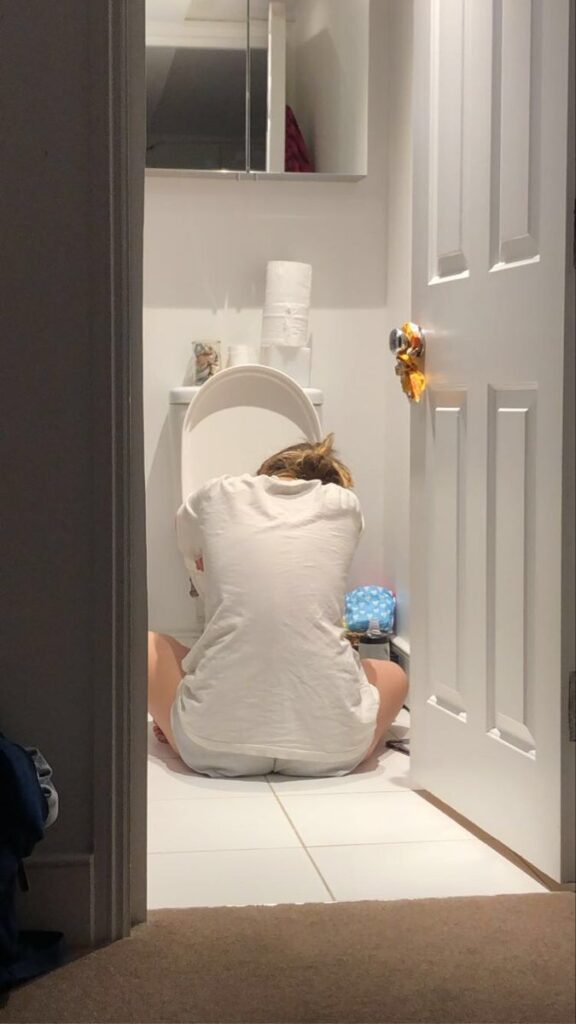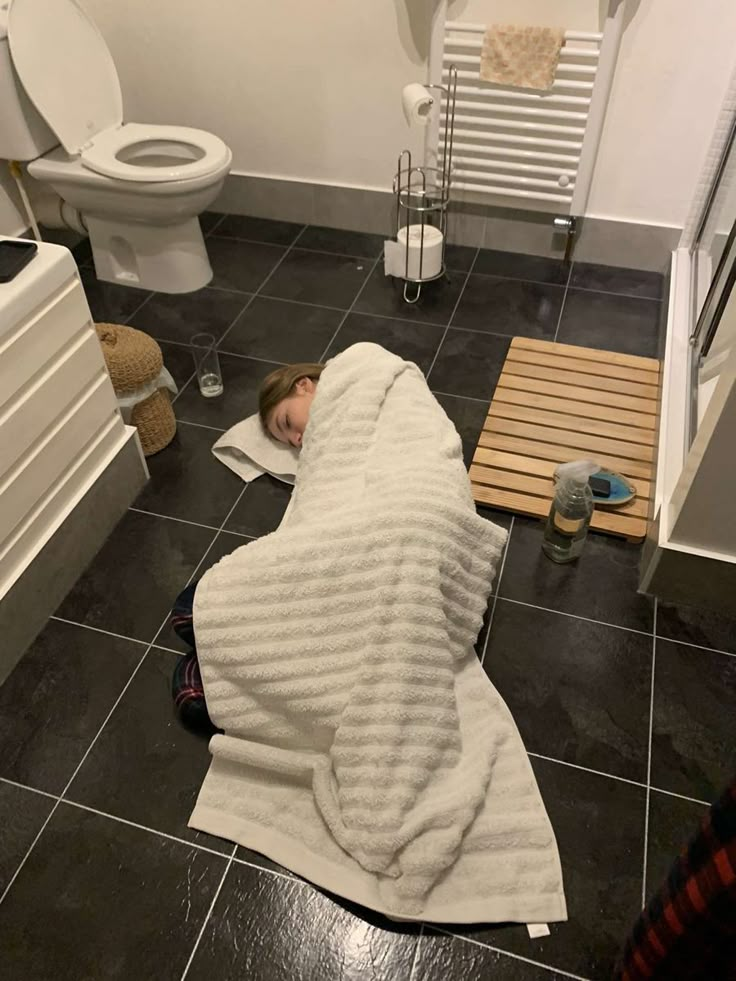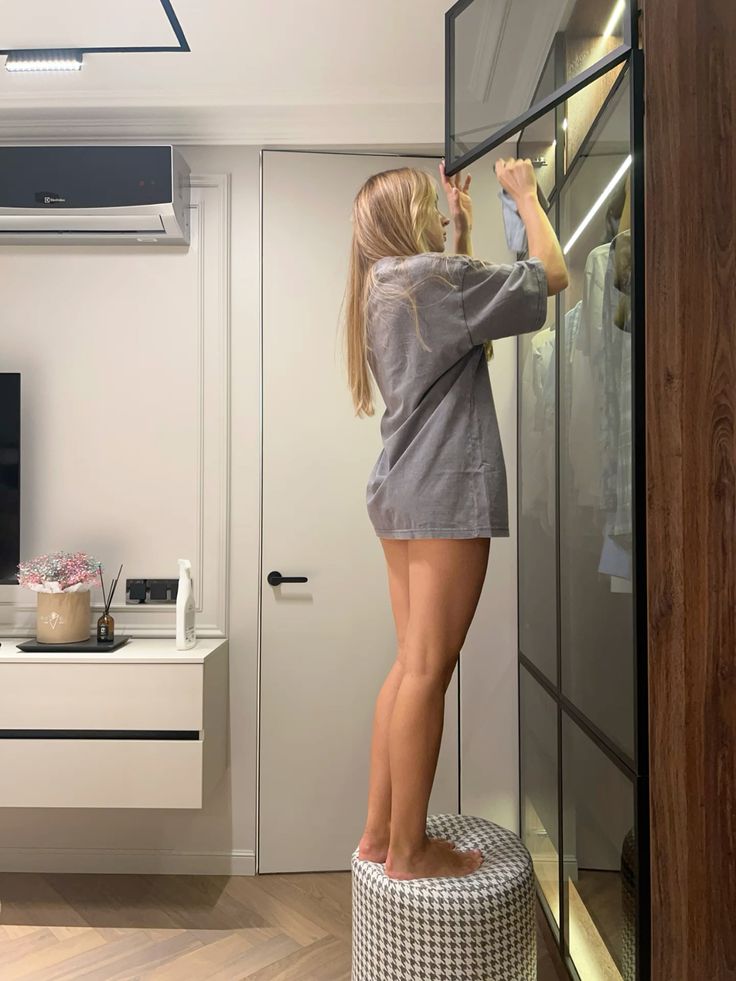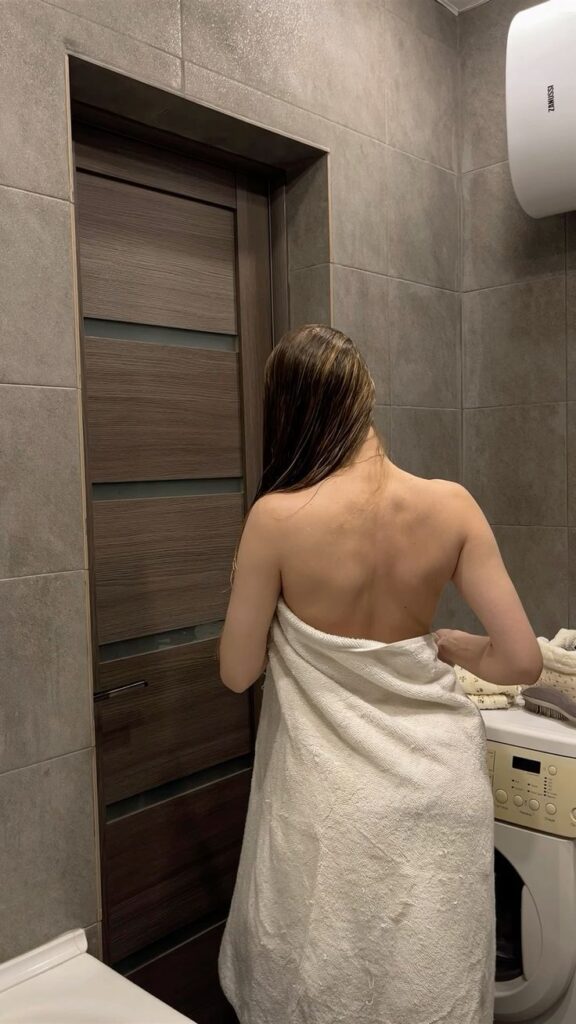“Violates Your Daughter’s Body Privacy at Home” 7 essential tips to teach your daughter about body privacy and safety at home, helping parents set healthy boundaries and protect their girl’s personal space. Learn why body privacy matters and how to create a respectful home environment for lasting confidence and security. Girl Body privacy at home: 7 Tips for Teaching Girl’s Body Privacy and Safety at Home.
Girl Body Privacy at Home: Why It Matters and How to Respect It

In every family, home should be the safest space for children to grow, learn, and feel comfortable in their own skin. For girls, body privacy at home is an important aspect of their development, self-respect, and confidence. Yet, many households overlook this need, considering privacy only when children grow older. Building awareness and creating boundaries around body privacy from an early age is essential to raising confident and empowered young women.
This blog discusses why body privacy matters for girls, how parents and family members can create a respectful environment, and practical tips for teaching healthy boundaries at home.
What are private body parts for girls?: Girl Body privacy at home

- Private body parts for girls are areas usually covered by underwear or swimwear.
- These include the vulva, vagina, buttocks, anus, and breasts/nipples.
- Teaching correct names for these parts supports body safety and confidence.
- Privacy for these areas is important for safety, respect, and healthy boundaries.
Importance of Body Privacy for Girls: Girl Body privacy at home

Girls, like boys, need privacy to feel respected and safe. From early childhood, they begin to understand the difference between private and public behaviors. By acknowledging these boundaries, parents send a powerful message that a girl’s body is her own and deserves respect.
Key reasons why body privacy at home matters:
- Builds self-confidence and respect for personal boundaries.
- Helps prevent unwanted touch and teaches consent.
- Encourages healthy communication about body, puberty, and changes.
- Reinforces the value of safety and autonomy in close family relationships.
- Prepares girls for puberty and teenage independence.
When Should Privacy Start?: Girl Body privacy at home

Many parents ask: At what age should girls be given privacy at home?
- Early childhood (3–5 years): Teach the concept of “private parts” and explain that no one should touch them without permission.
- School-age (6–10 years): Encourage dressing or undressing in private and allow bathroom privacy.
- Pre-teen (11–13 years): Respect closed doors, private showers, and personal spaces in the room.
- Teenage years (14+): Treat privacy seriously, keeping trust, open communication, and independence intact.
Is body curiosity normal in young girls? How should parents respond?
- Yes, body curiosity is normal in young girls as part of healthy development.
- Girls may explore their bodies and ask questions about differences and functions.
- Parents should answer honestly with age-appropriate information to build trust and understanding.
- Encourage open communication and avoid shaming to foster healthy body awareness.
- Teach boundaries and respect alongside curiosity for safety and confidence.
Role of Parents in Teaching Body Privacy: Girl Body privacy at home

Parents play the most vital role in setting the tone for their daughter’s body privacy at home. Respecting her boundaries early on can prevent feelings of embarrassment, shame, or disrespect.
Ways parents can strengthen this:
- Knock before entering her room.
- Provide separate towels, toiletries, and essentials.
- Encourage her to manage personal hygiene independently.
- Create family rules such as no forced hugs or kisses.
- Talk openly about consent, good touch, and bad touch.
What boundaries should parents set for privacy at home?

- Knock before entering bedrooms and bathrooms; always respect closed doors.
- Allow girls to choose their own clothing for comfort and privacy.
- Never force hugs or physical contact; ask for consent before touching.
- Encourage open conversations about body boundaries and support refusal skills.
- Provide private spaces for hygiene and personal belongings.
Common Mistakes Parents Should Avoid: Girl Body privacy at home

While raising girls, some parents unintentionally compromise privacy at home. Avoid these practices:
- Invading Personal Space: Checking her belongings without trust or communication.
- Dismissing Privacy Needs: Saying “you’re a child, you don’t need privacy.”
- Body Shaming: Criticizing shape, weight, or appearance.
- Forced Intimacy: Making children hug or touch relatives against their will.
- Ignoring Curiosity: Avoiding natural questions about the body, puberty, or menstruation.
These mistakes can harm self-esteem and discourage open discussion on vital growing-up topics.
Should parents and daughters Bath together?

- Bathing together is culturally normal in some countries but less common in Western cultures.
- It is acceptable for young children and promotes bonding and skin-to-skin contact.
- As children approach puberty, personal privacy preferences should be respected.
- Parents should never force bathing together and watch for any discomfort.
- Open communication about body changes helps maintain healthy boundaries.
How do I explain the difference between public and private to my daughter?

- Explain that private parts are covered by underwear or a bathing suit and are not to be shown or touched in public spaces.
- Teach that bedrooms and bathrooms are private, while living rooms, parks, or stores are public spaces.
- Say, “We keep private parts covered in public, but it’s okay to undress in private spaces like your room or bathroom.”.
- Use simple language and everyday examples to reinforce the difference.
Practical Steps for Creating a Respectful Home: Girl Body privacy at home

To help your daughter feel secure and respected, families can adopt small but powerful practices:
- Give her a locker or personal storage box for private items.
- Allow her to take her own time in the bathroom without interruptions.
- Support her comfort in conversations about menstruation or puberty.
- Provide guidance without judgment when she makes mistakes in personal care.
Which places in the home should be considered private for girls?

- Bedrooms are the key private spaces where girls can have personal time and privacy.
- Bathrooms are also private for grooming, bathing, and personal care.
- Areas behind closed doors or with privacy locks should be respected as private zones.
- Personal drawers, closets, and storage areas hold private belongings and require respect.
When is it appropriate for parents or siblings to help with private care?

- Parents or siblings should help with private care only when the child is very young and unable to manage hygiene independently.
- Assistance is appropriate during diaper changes, bathing toddlers, or when the child is sick.
- Always explain actions calmly, maintain respect, and encourage growing independence as the child matures.
- Gradually reduce help as the child learns personal care skills.
- Privacy and dignity must always be prioritized during assistance.
Is closing the bedroom door during teenage years normal?: Girl Body privacy at home

- Yes, closing the bedroom door during teenage years is normal and part of their need for privacy.
- It helps teens create a safe space to explore their identity and feel secure.
- Respecting privacy builds trust and supports their growing independence.
- Parents should knock before entering and maintain open communication.
- Privacy privileges may be adjusted if safety concerns arise.
Why Body Privacy at Home Prevents Bigger Issues?

Privacy at home is not only about comfort; it also protects girls from long-term psychological and social challenges. Girls who grow up with personal boundaries are more likely to:
- Handle peer pressure better.
- Recognize inappropriate behavior quickly.
- Build stronger self-worth and confidence.
- Develop healthy emotional and social relationships.
- Trust parents with sensitive discussions.
When privacy is respected, girls are less vulnerable to exploitation and more confident in speaking up when something feels uncomfortable.
What to Do If Someone Violates Your Daughter’s Body Privacy at Home: Essential Safety Tips

- Say “No” loudly and firmly if someone tries to touch private parts without permission.
- Move away quickly from the person violating privacy.
- Tell a trusted adult immediately, such as a parent, teacher, or caregiver.
- Remember, it’s never the child’s fault and they have the right to protect their body.
- Avoid keeping secrets about uncomfortable or unwanted touch.
FAQs: Girl Body privacy at home
Q1: At what age should girls be taught about body privacy at home?
Ans: Girls should be taught about body privacy at home starting as early as 3 to 4 years old, using simple, age-appropriate language to build respect for their own bodies and boundaries.Girls should be taught about body privacy at home starting as early as 3 to 4 years old, using simple, age-appropriate language to help them understand and respect their own bodies and boundaries.
Q2: Should secrets about body parts be allowed at home?
Ans: Secrets about body parts should never be allowed at home; children must be taught that body privacy is important and they should always tell a trusted adult if anyone asks them to keep such secrets.
Q3: What if my daughter hides things in her room?
Ans: If your daughter hides things in her room, it may be a sign she seeks privacy or independence, so parents should foster trust and open communication rather than snooping, creating a safe environment for honest sharing.
Q4: How do I teach my daughter about private parts?
Ans: Teach your daughter about private parts using correct anatomical names and age-appropriate, clear explanations to build body confidence and respect for boundaries.
Conclusion: Girl Body privacy at home
Girl body privacy at home is more than just a parenting choice—it’s a necessity for raising confident and self-aware daughters. Respecting their boundaries, teaching consent, and creating a safe environment where they feel heard will shape their identity and prepare them for adulthood. A home that values privacy fosters dignity, responsibility, and lifelong confidence in girls. from- Quora
1. Moms Changing in Front of Their Children: 7 Surprising Reasons of Indian Moms
2. Moms Pee in Front of Their Kids: 5 Risks Every Parent Should Know
3. Son saw You taking a Shower: 7 Steps to Handle When Your Child Sees You Showering

